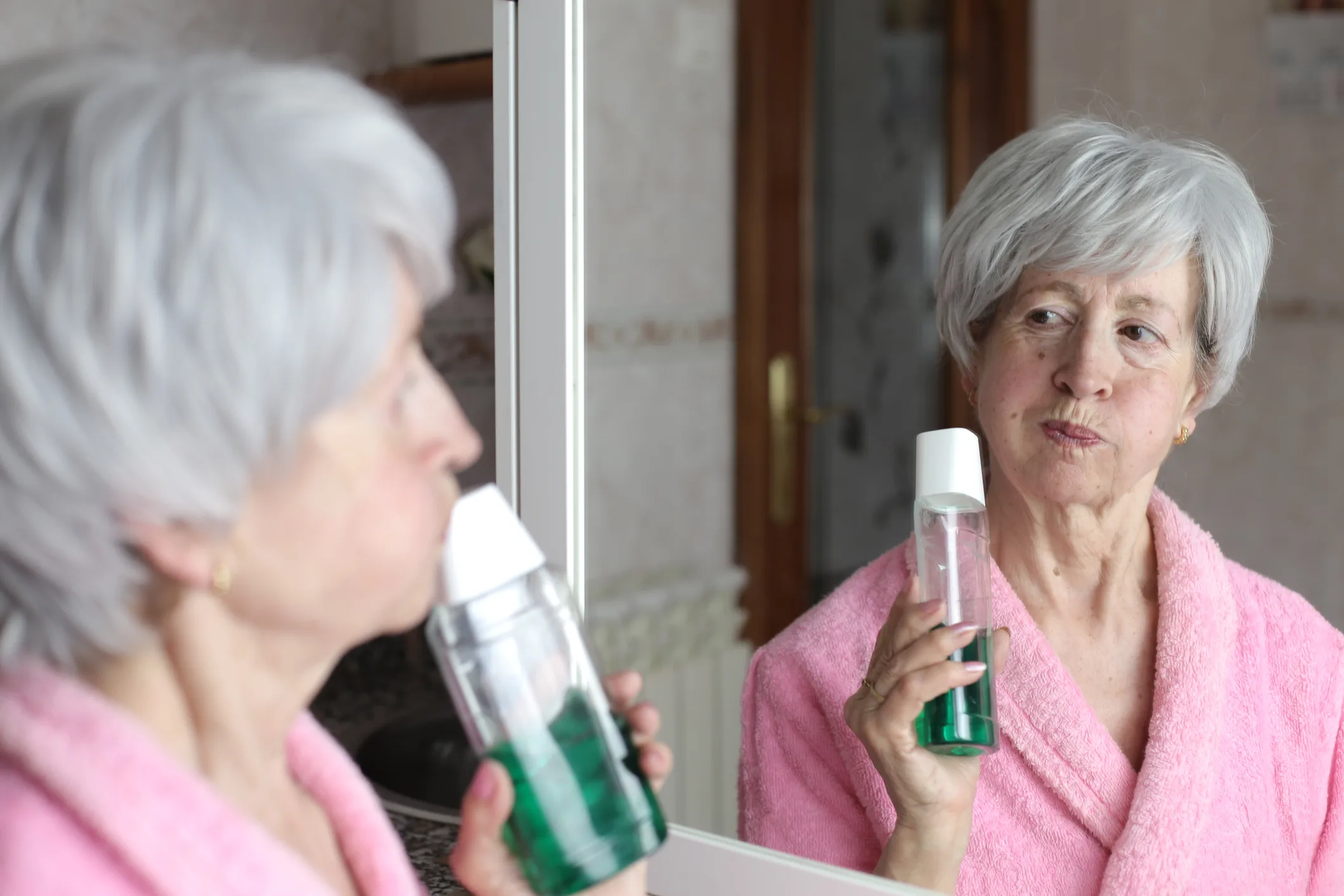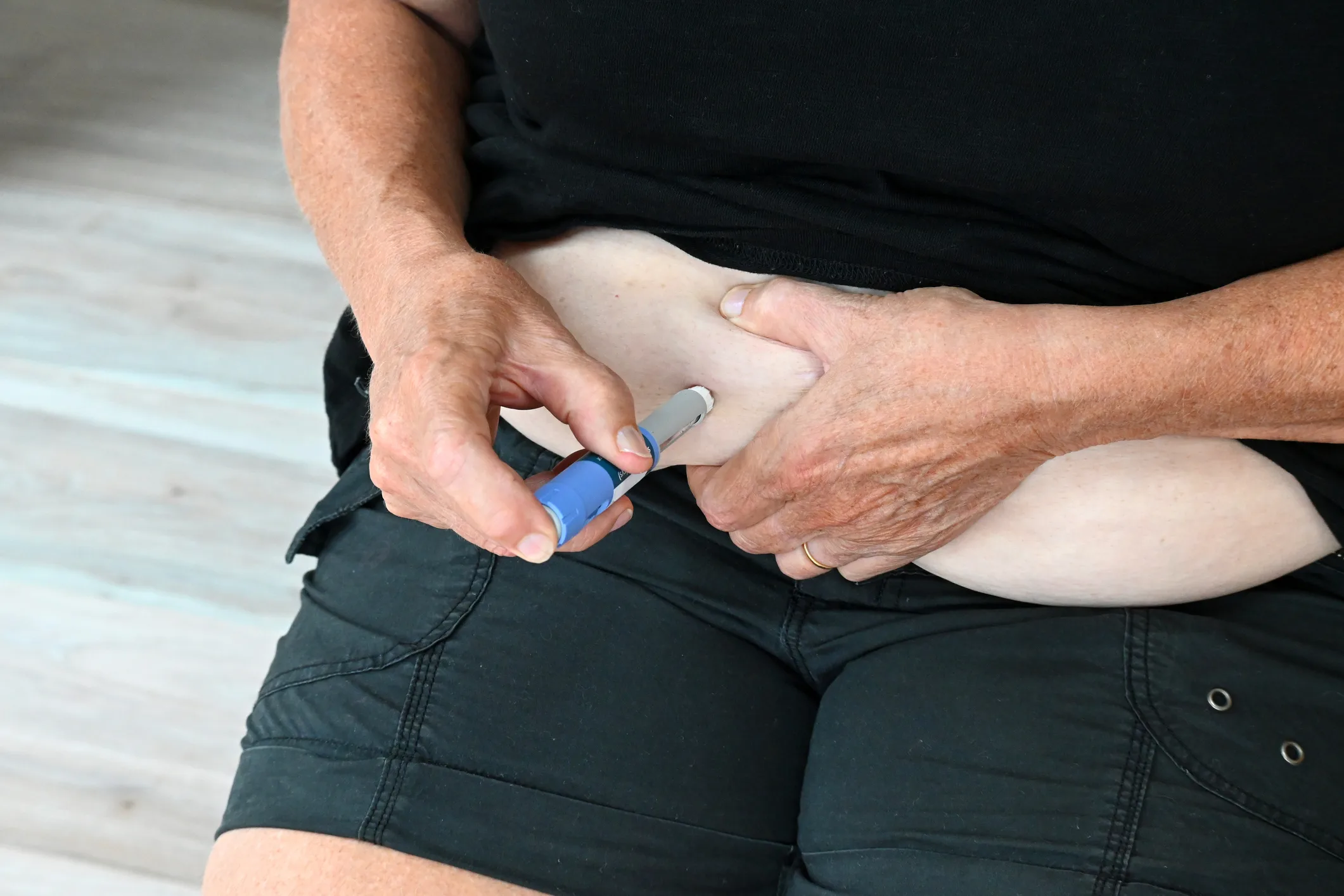Daytime napping, a seemingly simple act, reveals a complex interplay between age, health, and sleep patterns. While many indulge in this midday respite, its significance varies dramatically depending on life stage and underlying health.
Studies indicate a substantial prevalence of napping among older adults. According to a 2018 analysis of data from the National Institutes of Health-AARP Diet and Health Study, between 40% and 53% of U.S. adults aged 51 to 70 regularly nap. However, the interpretation of these naps differs greatly between younger and older individuals.
For healthy individuals in early or midlife who experience occasional sleep deprivation due to work, school, or childcare, a daytime nap can be a beneficial way to compensate for lost sleep. As Stanford researcher Joe Winer, who studies the connection between sleep, aging and dementia explains, this “catch-up” napping can help restore some of the sleep debt incurred during the night.
However, in older adults, frequent napping without an obvious cause can be a red flag. Winer suggests that napping in this context often signals an underlying sleep disturbance or health issue. “We think of napping in that case as a sign something is wrong,” he states. “Like if the sleep they’re getting overnight isn’t sufficient for what they need. So their brain is falling asleep during the day.” This excessive daytime sleepiness could be indicative of conditions like sleep apnea, a common sleep disruptor in older adults, or even a precursor to cognitive decline.
UCSF associate professor of psychiatry, Yue Leng, echoes this sentiment, advising that increased sleepiness in older adults warrants a conversation with a doctor. Changes in brain regions responsible for regulating sleep and wakefulness could also contribute to increased napping in this population, as Winer points out.
Furthermore, research highlights the link between abnormal sleep durations and napping. A 2021 study involving older adults found that both “short sleepers” (less than six hours of sleep) and “long sleepers” (more than nine hours of sleep) were more likely to take longer naps than those sleeping the recommended seven to eight hours. Both short and long sleep durations were associated with negative health outcomes, including reduced cognition, depressive symptoms, and higher body mass index. Notably, short sleepers also exhibited increased amyloid buildup in the brain, a marker of Alzheimer’s disease. As Winer explains, this suggests that the brain is either struggling to obtain sufficient sleep or struggling to maintain healthy wakefulness.
Despite these concerns, napping itself is not inherently detrimental. Some studies suggest that short naps, lasting 30 to 90 minutes, may benefit cognitive function in older adults, including memory. However, Leng emphasizes the importance of listening to your body. “If you don’t feel sleepy, don’t force yourself to take naps,” she advises. “But if you are really sleepy during the day, try to take short naps.”
Optimal napping practices for older adults include limiting nap duration to 20 to 30 minutes, ideally before 3 p.m., to avoid disrupting nighttime sleep. This approach, known as “power napping,” can offer a refreshing boost without compromising overall sleep quality.
Takeaway
The role of napping varies significantly across different age groups. While occasional naps can be beneficial for younger adults experiencing temporary sleep deprivation, frequent napping in older adults may indicate underlying health issues. Understanding the nuances of napping, coupled with prioritizing healthy sleep habits, is crucial for maintaining overall well-being.
Source:
Napping in Older Adults: A Review of Current Literature
Benefits and risks of napping in older adults: A systematic review











